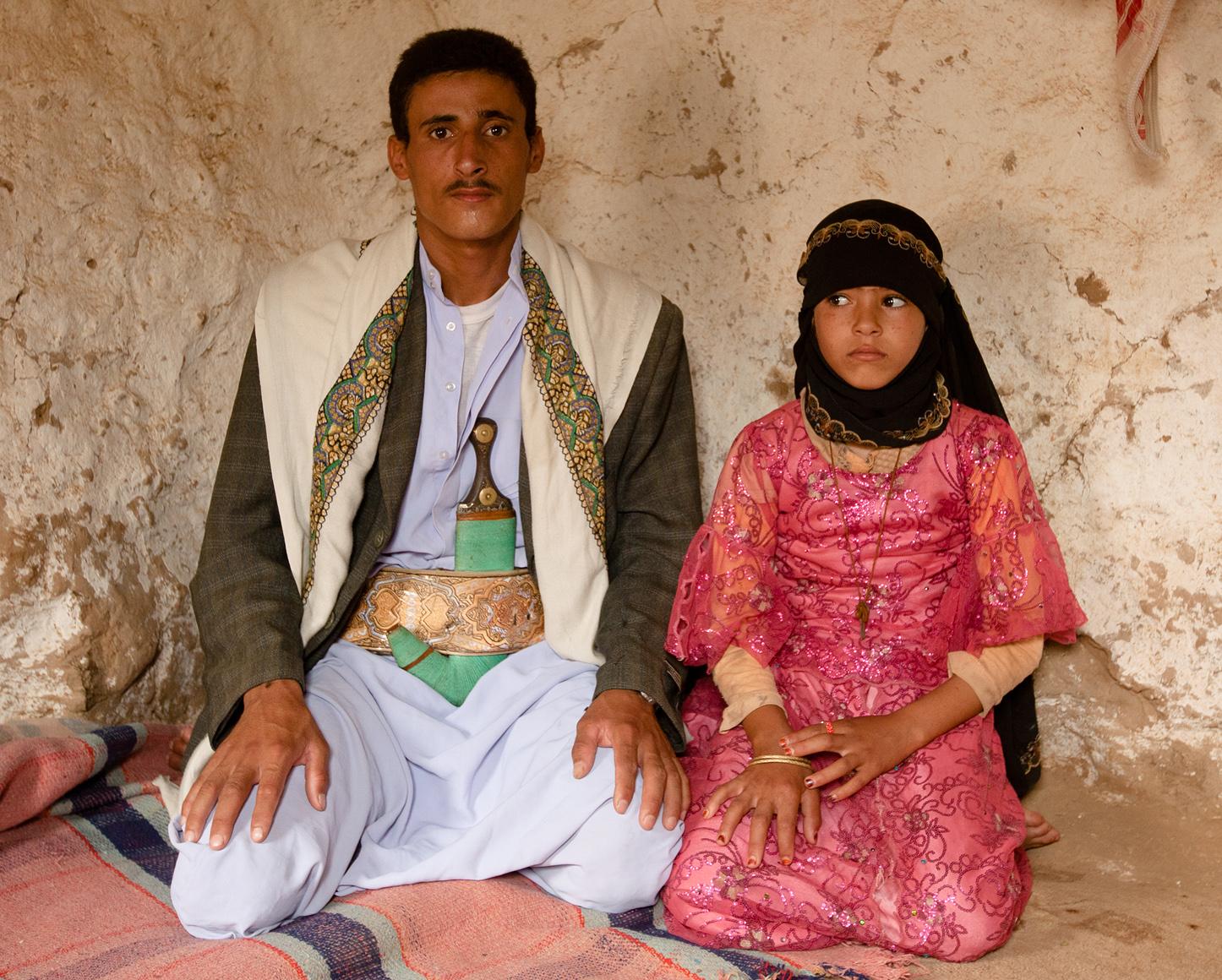Turkey’s government has withdrawn a proposal named as Child Marriage Act, that most of the critics feared would legitimise the practice of men marrying underage girls. The Turkey government took this decision after a strong public outcry.
The proposal was scheduled to undergo a final vote on Tuesday, would have deferred sentencing or punishment for the sexual assault in cases where there was no physical force and where the victim and perpetrator were married. The government said it would now submit the proposal for review to a parliamentary committee.
The government has argued of the need to redress “unfair treatment” of families where fathers were placed in jail for marrying girls under the age of 18 even if both parties and their parents consented.
Whereas the opponents argued that the bill amounted to a pardon for statutory rape if the perpetrator was married to his victim and would disrupt efforts to prevent child marriages and sexual assault on children.
They maintained that it would, for example, legitimise the practice of men taking brides as young as 13 or 14. The age of consent in Turkey is 18, although courts permit civil marriages for people as young as 16. Many younger people are married in Islamic ceremonies.
Hours before the vote, Prime Minister Binali Yildirim told reporters the government was pulling back the Child Marriage Act from the floor and would ask an all-party commission on family affairs to review it.

Opposition parties, rights groups and citizens had widely condemned the proposal, issuing statements and staging demonstrations across multiple cities nationwide.
United Nations agencies, including the children’s fund UNICEF, issued a joint statement on Monday warning that the Child Marriage Act of Turkey “would weaken the country’s ability to combat sexual abuse and child marriages.”
The government had insisted it was committed to fighting child marriages but said the one-time measure was needed to help some 3,800 families where underage marriages had occurred according to customs.









